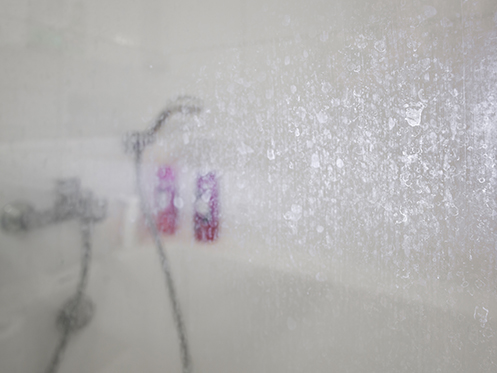Water is essential and plays a crucial role in our daily lives. From cooking and cleaning to personal hygiene, we use water for many tasks. However, not all water is created equal. In some regions, homeowners may find themselves dealing with the challenges of hard water. While hard water isn’t harmful to human health, its impact on plumbing systems can be significant. In this blog, we’ll explore what hard water is, how it forms, and the various ways it can affect your plumbing.
Understanding Hard Water
Hard water is water that contains a high amount of dissolved minerals, usually calcium and magnesium ions. These minerals are picked up as water moves through rock formations and soil, dissolving and accumulating in the water along the way. The degree of water hardness is often measured in grains per gallon (GPG) or parts per million (PPM).
Effects on Plumbing
Hard water can have several consequences, including the formation of scale deposits in appliances and plumbing pipes, reduced effectiveness of soaps and detergents, and the potential for clogged plumbing.
- Scale Buildup: One of the most common problems associated with hard water is scale buildup. As water with high mineral content flows through your pipes and fixtures, it leaves behind deposits that accumulate over time. This scale can restrict water flow, clog pipes, and reduce the overall efficiency of your plumbing system.
- Reduced Water Flow: Scale buildup doesn’t only affect the insides of pipes; it can also accumulate on faucets and showerheads. This restricts water flow, leading to decreased water pressure. Over time, this reduction in flow can be frustrating for homeowners and result in inefficient water usage.
- Appliance Damage: Hard water can be especially damaging to household appliances that use water, such as water heaters and dishwashers. The accumulation of scale in these appliances can lead to decreased efficiency, increased energy consumption, and a shortened lifespan. Regular maintenance and descaling are essential to mitigate these effects.
- Soap and Detergent Inefficiency: The minerals in hard water react with soap and detergents, reducing their effectiveness. This can result in the need for higher detergent quantities, leading to increased expenses. Additionally, the reduced lathering ability of soap can impact personal hygiene and cleanliness.
- Pipe Corrosion: While hard water is not inherently corrosive, the minerals it carries can contribute to corrosion in metal pipes over time. This corrosion can weaken the pipes, potentially leading to leaks and other plumbing issues.
Mitigating the Impact of Hard Water
- Water Softeners: Installing a water softener is a popular and effective solution to combat the effects of hard water. These systems use ion exchange to replace magnesium and calcium ions with sodium ions, preventing scale buildup and other related issues.
- Regular Maintenance: Periodic maintenance, such as descaling appliances and cleaning faucets and showerheads, can help prevent and alleviate the impact of hard water on your plumbing.
Schedule Your Plumbing Service with Home Service Heroes in Tampa, FL and the Surrounding Areas Today
While hard water may not pose a health risk, its effects on plumbing systems can be troublesome. Understanding these effects and taking proactive measures, such as having a professional perform regular maintenance, can help homeowners maintain an efficient and long-lasting plumbing system. By addressing the challenges of hard water, you can ensure the smooth functioning of your plumbing and enhance the overall quality of water in your home. Contact Home Service Heroes today for all your plumbing maintenance, repair, replacement, and installation needs in Tampa, FL and the surrounding areas.
